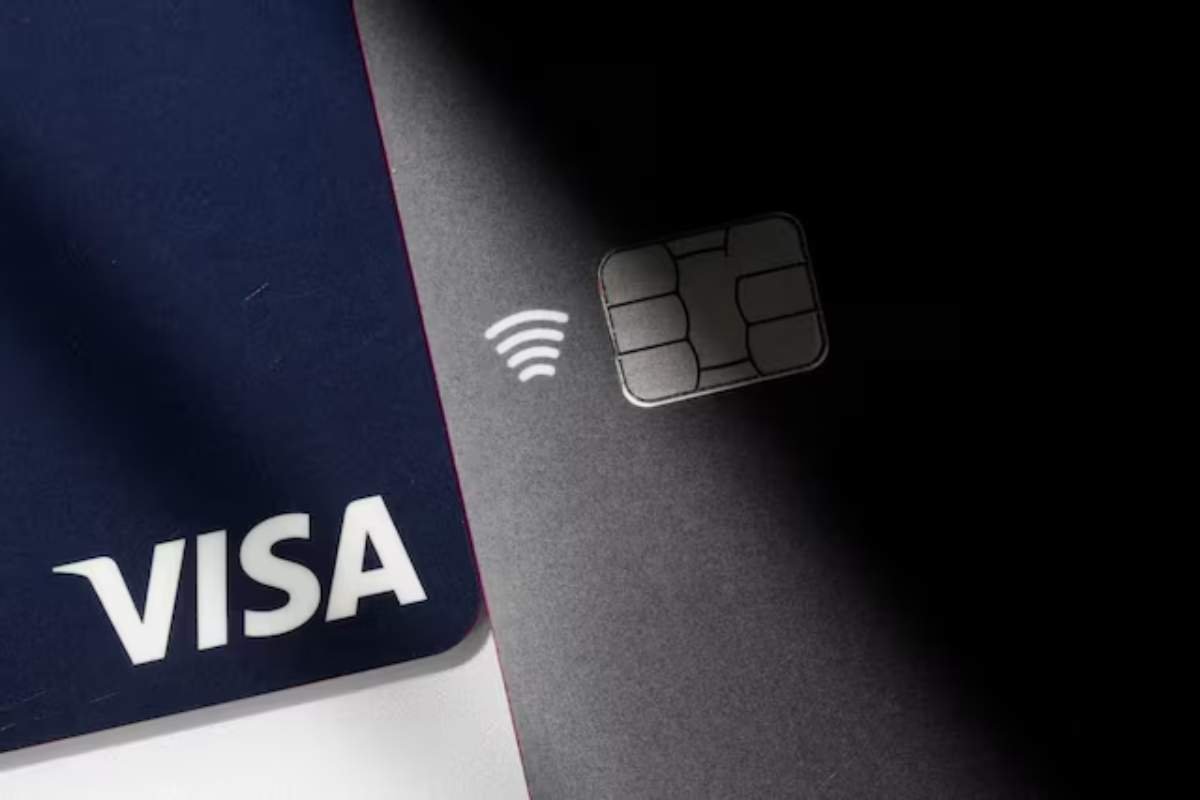U.S. Justice Department Files Lawsuit Against Visa for Alleged Debit Card Monopoly
- Get link
- X
- Other Apps
(Source – reuters)
The U.S. Justice Department has launched a lawsuit against Visa, accusing the financial giant of illegally monopolising the debit card market. The lawsuit, filed on Tuesday, claims Visa has exploited its dominant position for over a decade, using unfair practices to block competitors from entering the market and forcing businesses to rely on Visa’s network. This move by the department is part of a broader crackdown on monopolistic practices in various industries, with Visa now the latest major company to face scrutiny.
Visa’s Alleged Abuse of Power in the Debit Market
According to the U.S. Justice Department, Visa has used its overwhelming presence in the debit card market to impose higher fees on merchants and banks, which ultimately get passed down to consumers. Visa controls more than 60% of debit card transactions in the United States, allowing the company to charge over $7 billion annually in processing fees. These fees, Attorney General Merrick Garland noted, significantly impact the prices of goods and services across the board.
“We allege that Visa has unlawfully amassed the power to extract fees that far exceed what it could charge in a competitive market,” Garland stated. “Merchants and banks pass along those costs to consumers, either by raising prices or reducing quality or service. As a result, Visa’s unlawful conduct affects not just the price of one thing—but the price of nearly everything.”
Visa is also accused of implementing exclusivity agreements that penalise vendors and financial institutions that seek to use alternative networks for processing debit transactions. These agreements effectively prevent competition from emerging and insulate Visa from market challenges. The U.S. Justice Department further alleges that Visa incentivizes potential competitors to collaborate with them instead of entering the market independently, offering financial incentives or imposing punitive fees.
Visa’s Defense and Ongoing Legal Challenges
In response to the lawsuit, Visa has called the allegations “meritless” and stated its intent to defend itself in court. Julie Rottenberg, Visa’s general counsel, argued that the lawsuit fails to acknowledge the growing competition in the digital payment space. “Anyone who has bought something online, or checked out at a store, knows there is an ever-expanding universe of companies offering new ways to pay for goods and services,” she stated. “Today’s lawsuit ignores the reality that Visa is just one of many competitors in a debit space that is growing, with entrants who are thriving.”
This lawsuit is one of several recent antitrust actions taken by the U.S. Justice Department. In recent months, the department has filed suits against a real estate firm for allegedly inflating rental prices and against Live Nation, the parent company of Ticketmaster, for monopolistic practices. The department also recently scored a legal victory when a judge ruled that Google had violated antitrust laws with its search engine business.
The latest legal action against Visa echoes a similar suit filed by the Justice Department three years ago, which sought to block Visa from acquiring the financial technology startup Plaid. That $5.3 billion merger was abandoned, and the lawsuit was dropped.
Visa and other credit card companies have long faced criticism from merchants and retailers over high transaction fees. In March, a group of merchants reached a $30 billion settlement with Visa and Mastercard after years of legal battles over these fees. However, the National Retail Foundation has opposed the settlement, arguing that it does not adequately compensate retailers, and a federal judge rejected the deal in June, demanding more concessions from the credit card companies to resolve the issue.
As the legal challenges mount, Visa’s control over the debit card market faces increasing scrutiny, with the outcome of this lawsuit potentially reshaping the landscape of payment networks in the United States.
- Did you find this news helpful? Visit more of our blogs! The Enterprise World
- Get link
- X
- Other Apps

Comments
Post a Comment